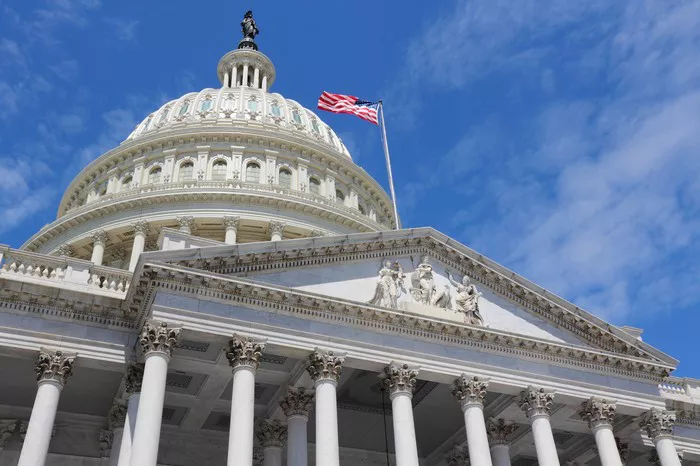Over the weekend, Montana Republicans gathered in Billings to revise their party’s platform, a crucial document outlining their core beliefs and policy priorities. This biennial event serves to reaffirm long-standing principles while addressing emerging issues facing the state.
Shaylee Ragar of Montana Public Radio, who attended the event, discussed the key debates that unfolded, focusing on election law, immigration policy, abortion rights, and intra-party cohesion with host Austin Amestoy.
“The platform is instrumental in defining the party’s identity,” Ragar explained. “It guides what legislation party members bring to the state Legislature, reflecting their considerable influence in Montana politics.”
Majority Leader Steve Fitzpatrick underscored the platform’s role as a legislative guide, though acknowledging internal differences: “It outlines legislative expectations, though not necessarily unanimity within the party.”
Ragar noted that while the press observed portions of the convention, closed-door proceedings remained undisclosed. Despite final vote discrepancies, such as accusations of insufficient party loyalty, divisions emerged even after the voting process.
Former state Rep. Brad Tschida’s impassioned speech highlighted these divisions, urging dissenting members to reconsider their party affiliation if they did not align with the GOP’s platform.
The platform additionally mandates evaluating Republican legislators based on their adherence to party principles post-legislative session, potentially influencing future voting patterns.
Rep. David Bedey challenged the platform’s uncompromising stance on abortion, arguing it could undermine broader anti-abortion efforts, despite majority support for the stringent measure.
Debates also surfaced over wildlife policy, particularly concerning bison relocation, showcasing tensions between ranchers and advocates for Native American rights.
Ragar identified immigration as a focal issue this year, with the platform advocating for deportation measures and penalties for employers and transporters of undocumented immigrants.
Other updates included opposition to Ranked Choice Voting and criticisms of perceived judicial bias, reflecting Republican frustrations with the judiciary’s role.
Ragar acknowledged the absence of press notification for the Montana Democratic Party’s recent convention, preventing coverage of their platform adjustments. However, she highlighted their inclusion of a housing-specific plank, demonstrating a commitment to addressing housing shortages.
In summary, the Montana Republican Party’s platform convention serves as a pivotal event for shaping legislative priorities and navigating internal dissent, reflecting broader ideological shifts and ongoing political dynamics within the state.


